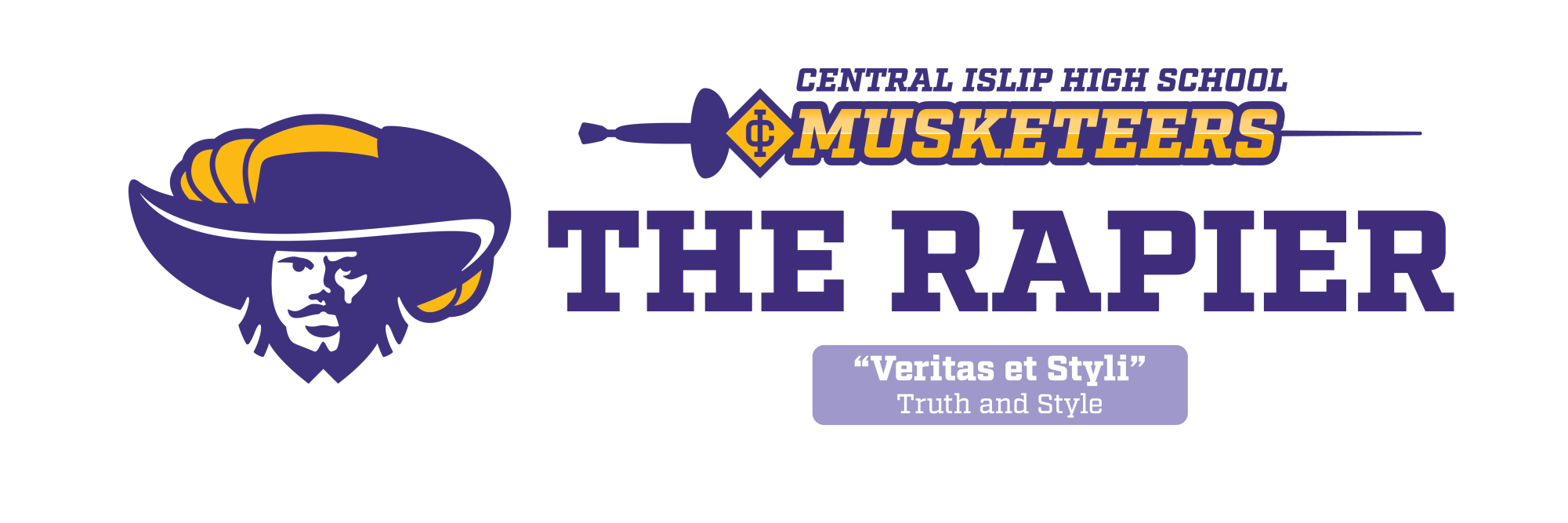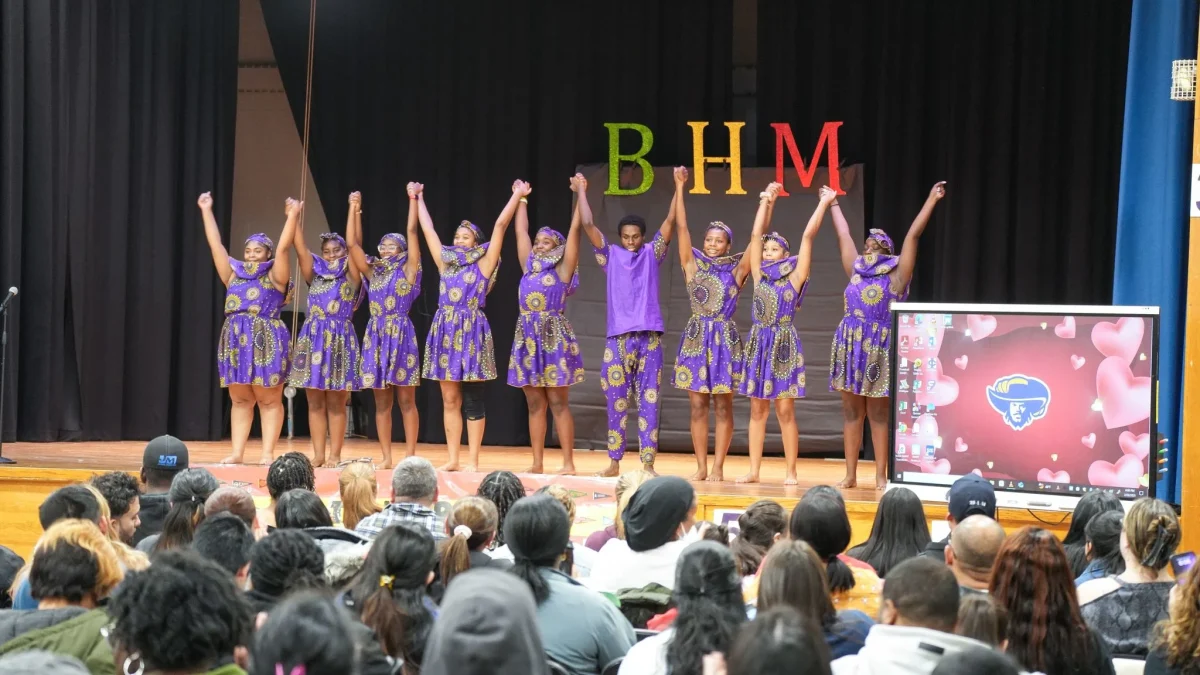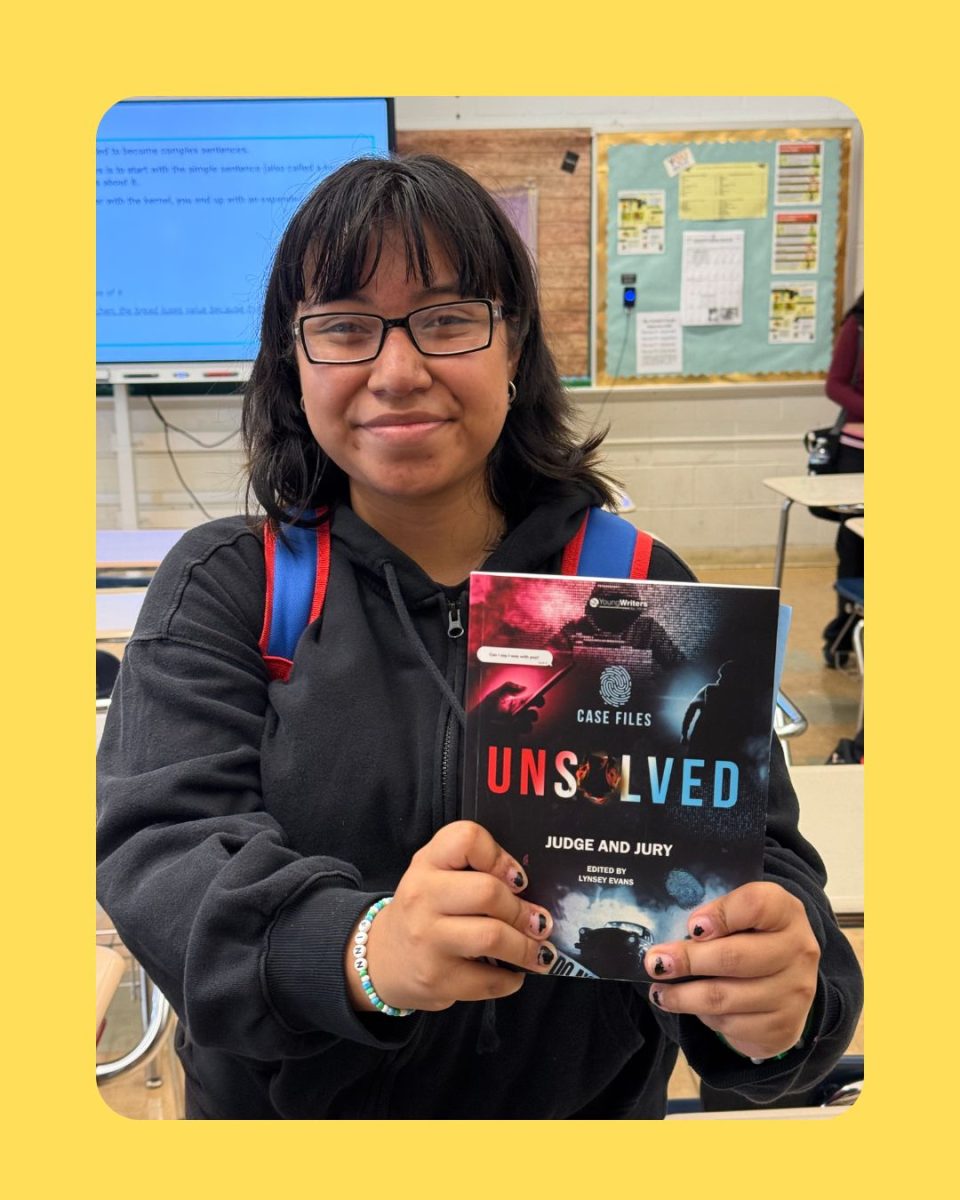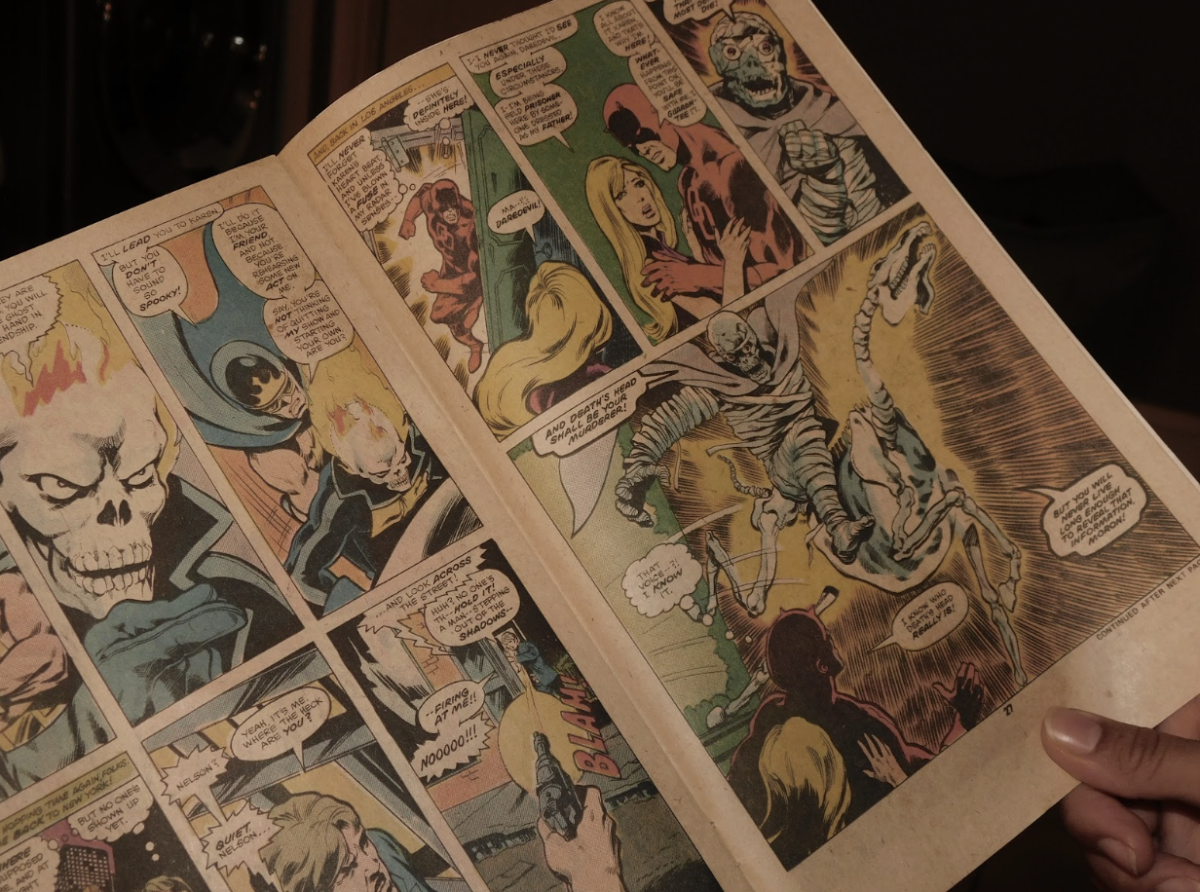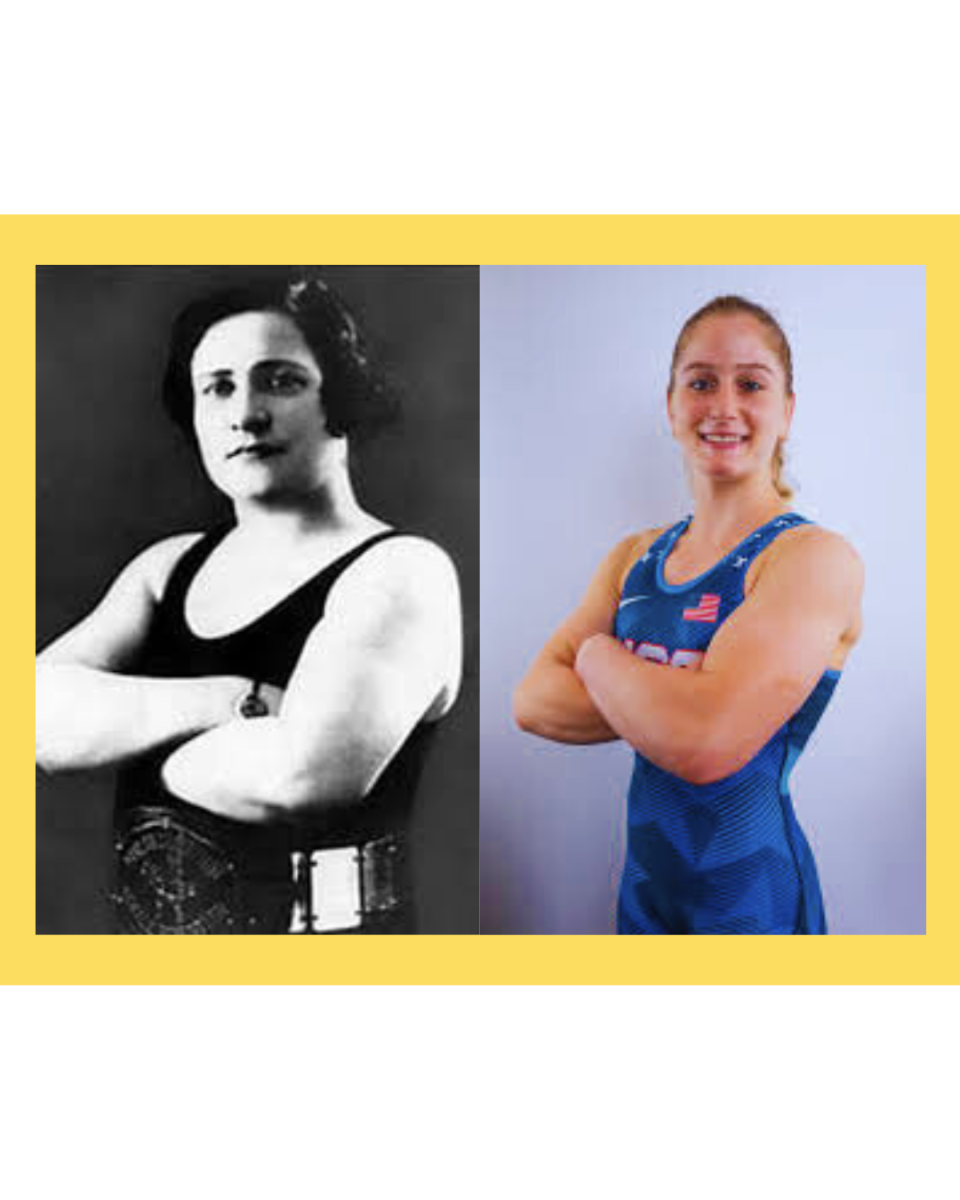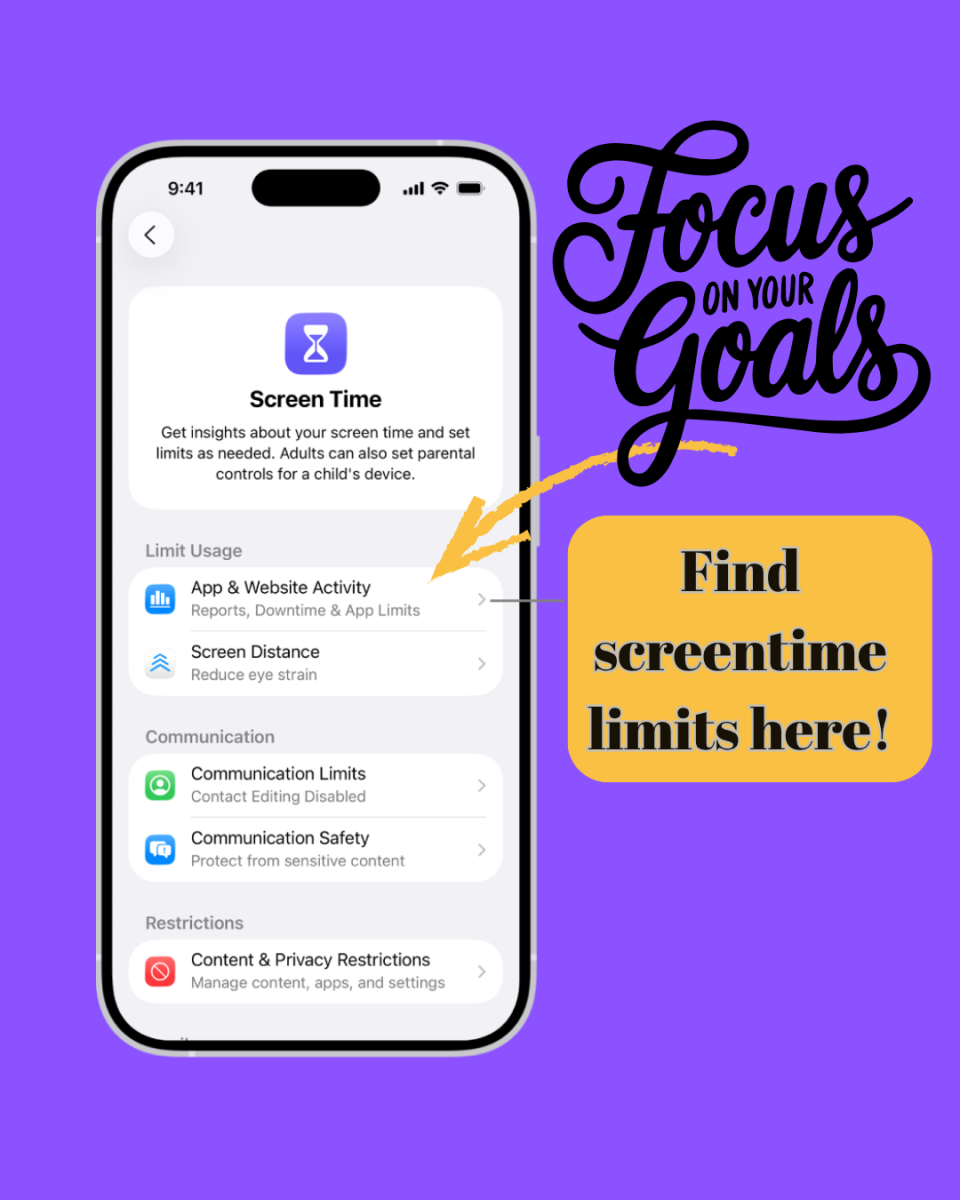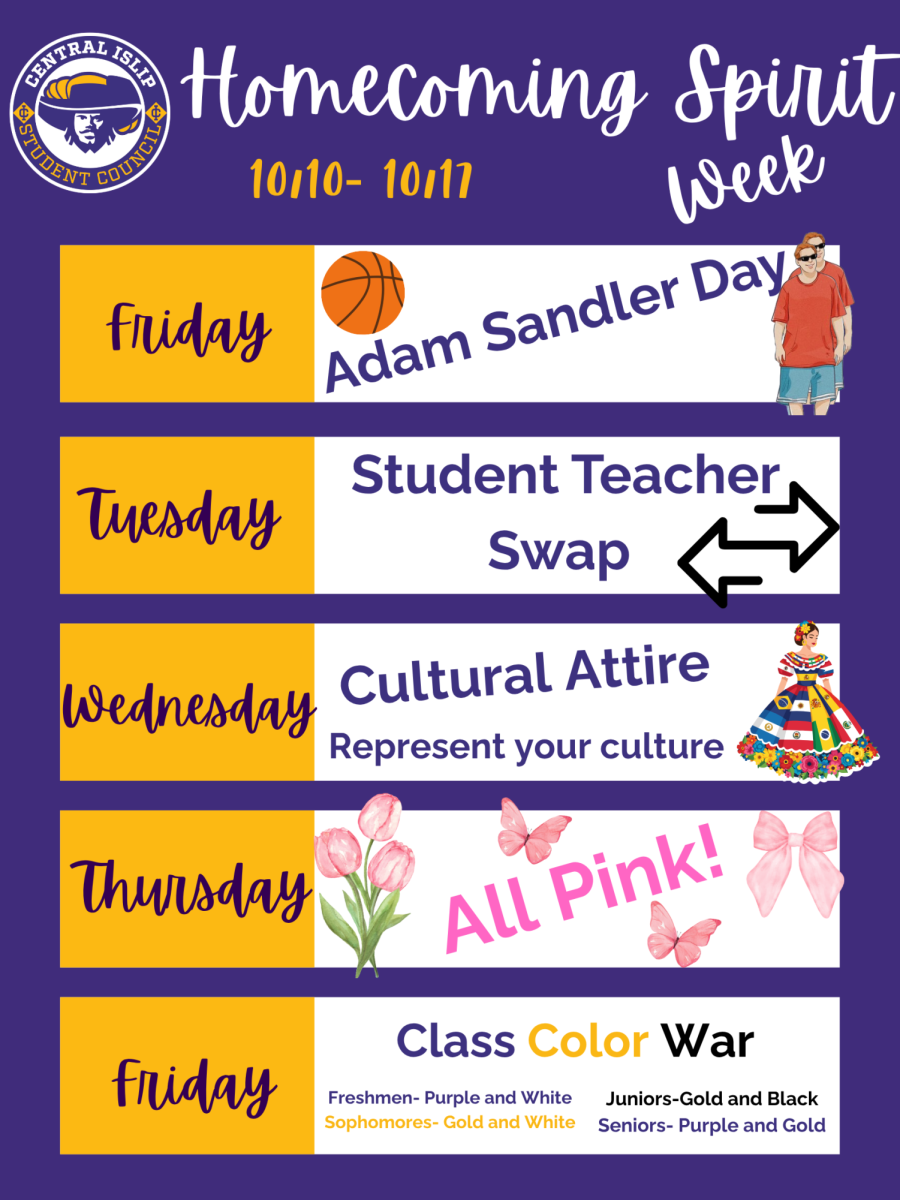
The students of Central Islip High School have been given the unique opportunity to work with an award winning filmmaker to make a documentary that will highlight the ways behavior is often misinterpreted, especially as it relates to mental health conditions. The project is made possible by a grant through the Patchogue Arts Council that pairs artists and educators to bring more art into classrooms.
Students have been working with Miroslava Gonzalez on their project and she has been a wonderful guide as they embark on making their first documentary. Ms. Gonzalez has a wealth of experience to share with the students in both the world of documentary making and mental health.
Her first film, The Bears on Pine Ridge, aims to spread awareness about the ongoing Indigenous youth mental health crisis. In her interview with Anisa Hosseinnezhad of the International Documentary Association, Ms. Gonzalez explains, “The Pine Ridge Indian Reservation (in South Dakota) has declared three separate States of Emergency due to youth suicide rates reaching the highest levels in the country. The Bears on Pine Ridge amplifies the voices two respected female elders who lead the Oglala Sioux Tribe’s only suicide prevention team, while mentoring a group of suicide-survivor teenagers to find their voice, encouraging them to bring hope and awareness to the reservation.” This award-winning film will air on PBS very soon. Her latest film, Strong Yaqui Women, takes the viewer along with her as she reclaims her cultural identity through her Mexican indigenous roots. This film was recently selected for the Mírala film festival; a festival that showcases the work of independent women of color.
Our film will present the ways some behaviors can be misinterpreted. For example, a lot of times a person with their head down is treated as a student that doesn’t care about school or is being disrespectful to others in their presence. In reality, it could be that they are exhausted from a panic attack, or they are depressed, or they are processing information. There could be a wide range of reasons for this behavior and without communication, there could be negative consequences. Our goal is to help build understanding of behaviors and increase communication to avoid issues between teens and adults.
If you have a story to share about being misunderstood, check your English teacher’s Google Classroom for the survey link. If it is not posted, see Mrs. Schmalacker in room 606, Mrs. Correiera in room 609, or Mr. Carlozzo in the Center for Peace for the link.
